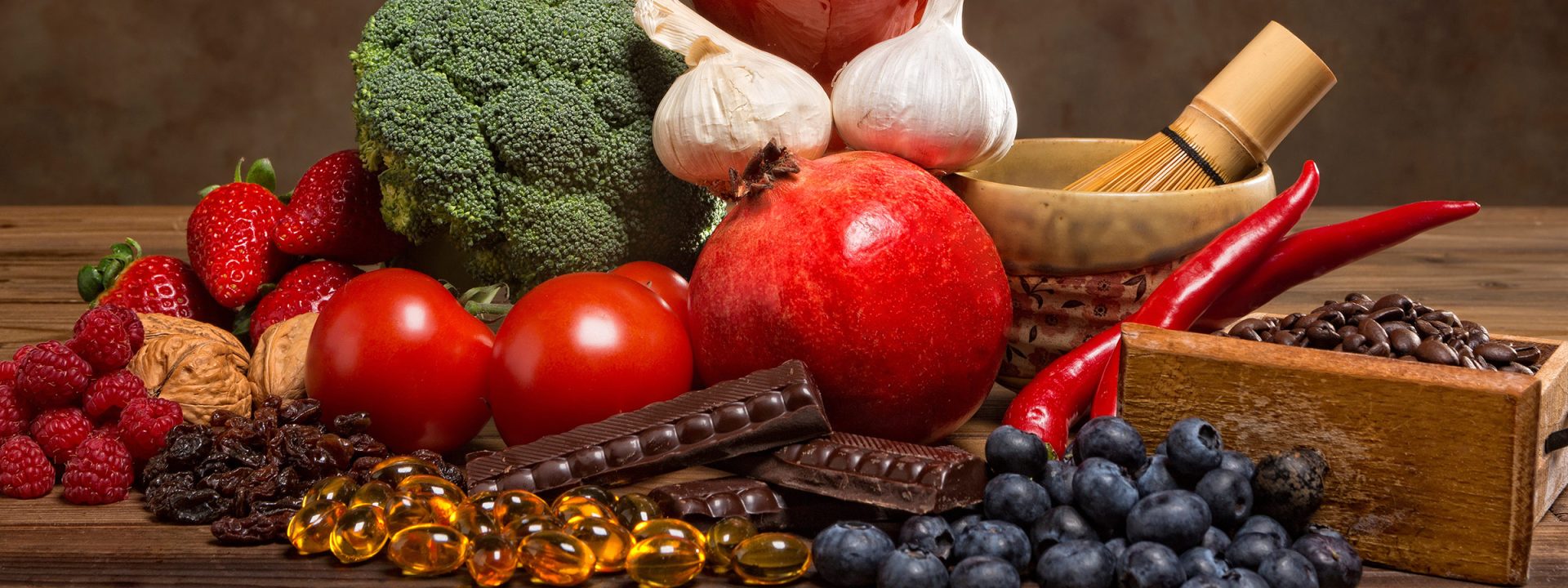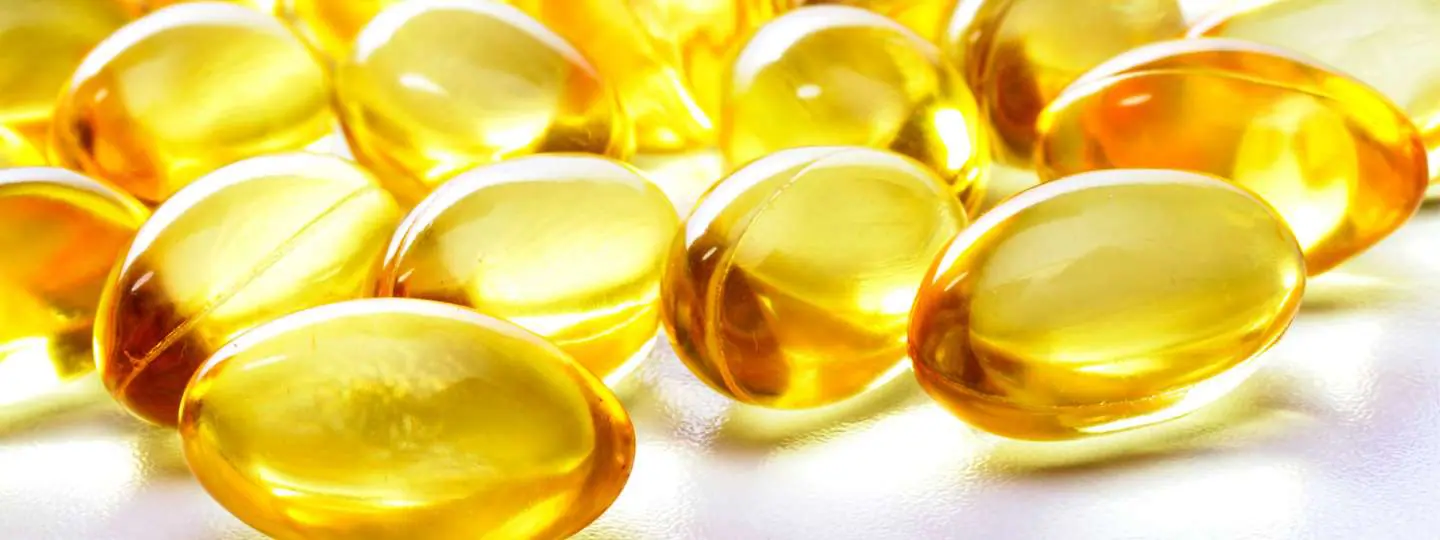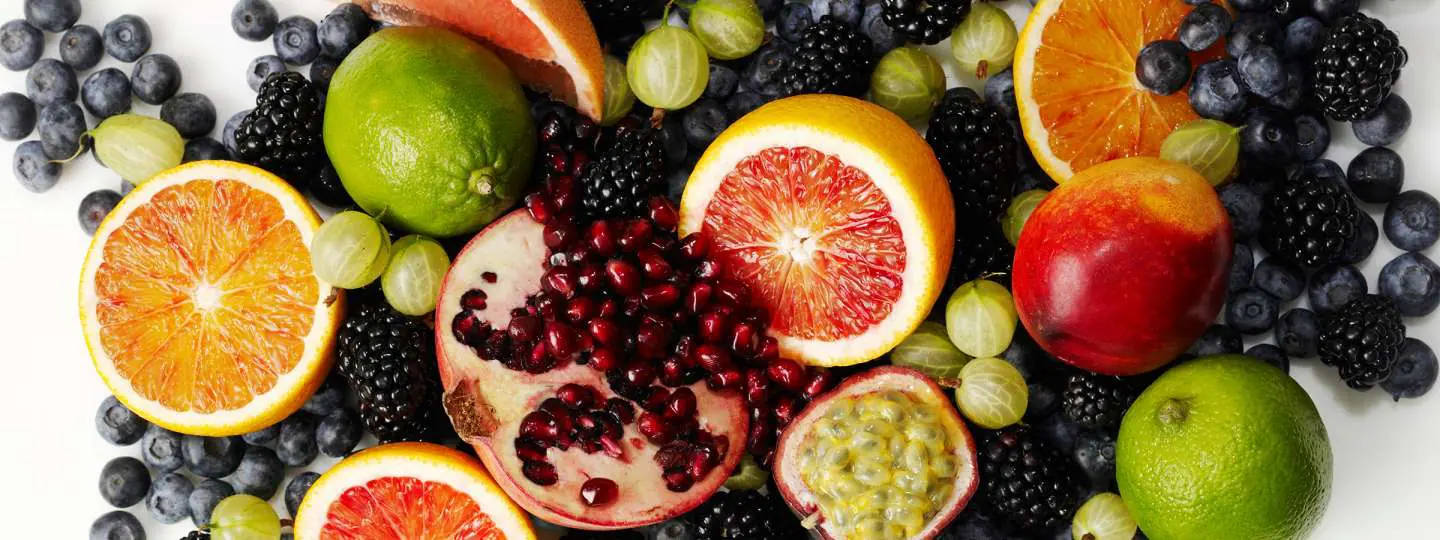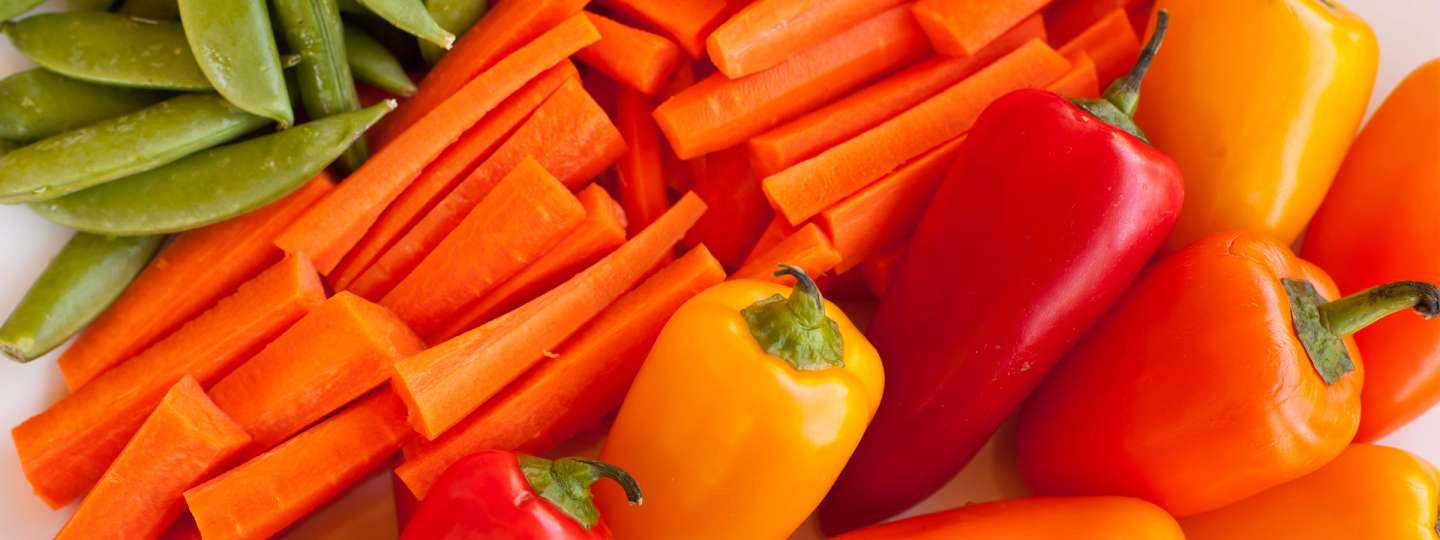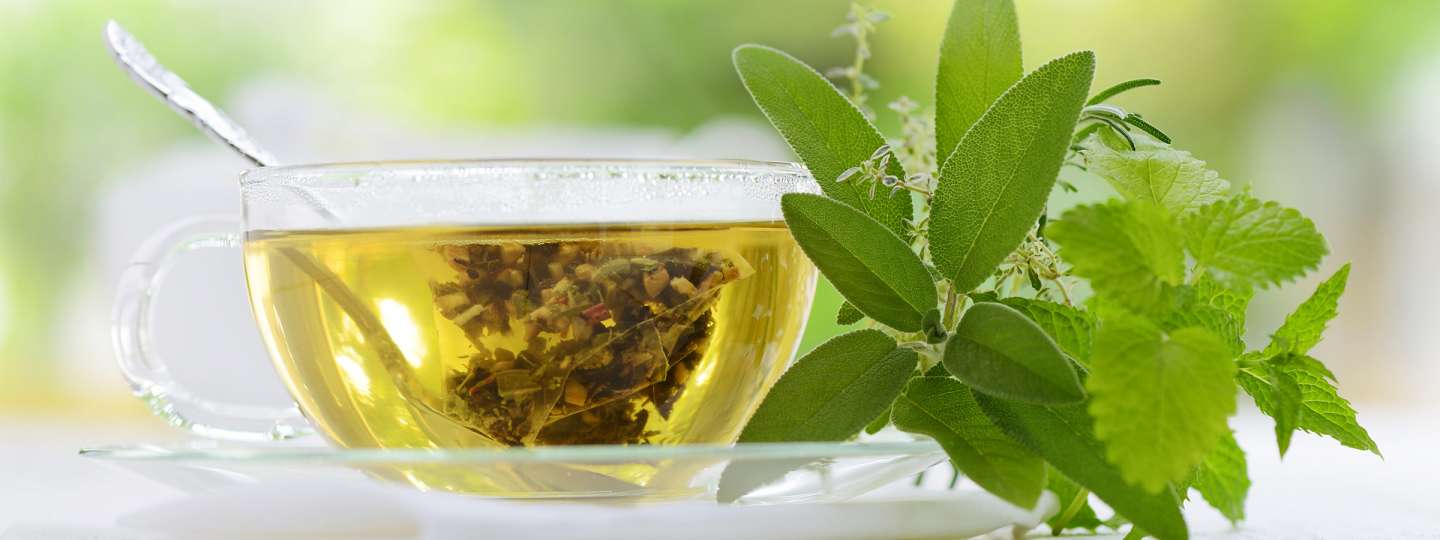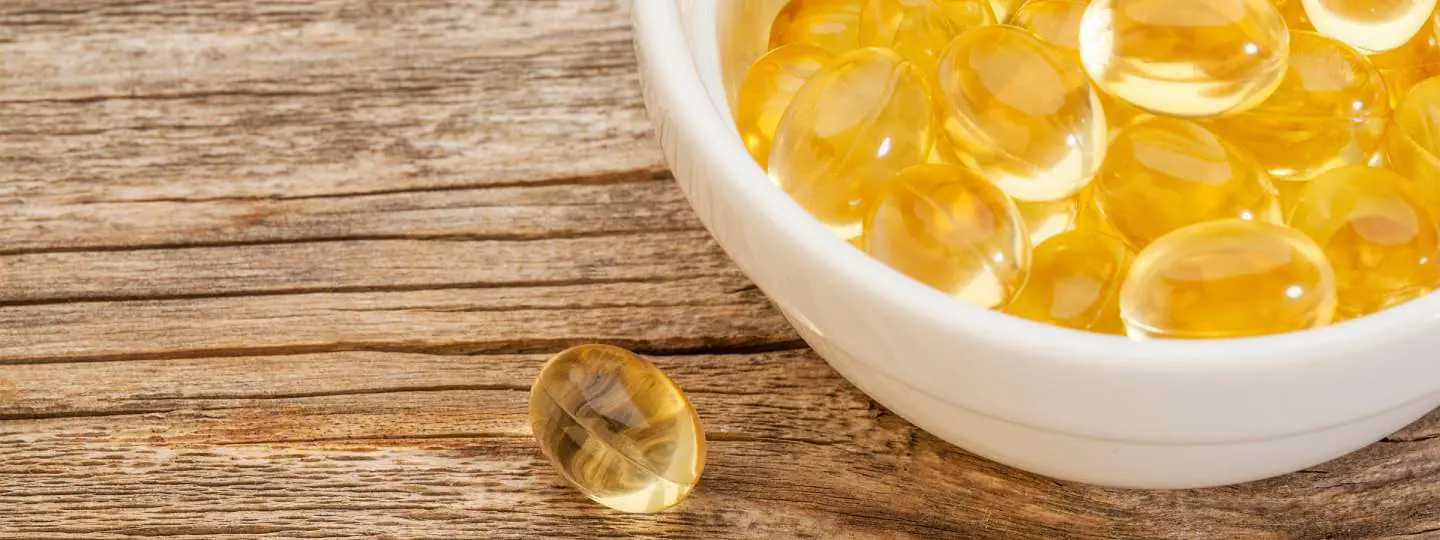More About Free Radical Scavengers
What are free radicals? Unveiling the mystery
Simply put, a free radical is any molecule with a single, unpaired electron.
Free radicals are naturally produced in the body through the normal functioning of body systems or through exposure to external sources such as pollutants, chemicals, and other environmental agents.
There’s no way to avoid free radicals. They are a part of everyday life no matter where you live.
The impact of free radicals on health and aging
So why are free radicals bad? Molecules with an unpaired electron are highly unstable and reactive. They’ll seek out another molecule and either give it their extra electron or take one of its electrons – creating another free radical. Free radicals thus start chain reactions that can damage a cell and its important constituents, including proteins, lipids, and even DNA.
This destructive process can lead to overall disruption of our body’s delicate balance, known as homeostasis.
Over the course of your lifetime free radical damage tends to accumulate, and scientists theorize that this accumulated damage contributes to cellular dysfunction and ultimately to declining health as we age, and is thought to be a significant part of the aging process itself.
Antioxidants: Nature’s defense against free radicals
We can’t avoid free radicals, but we can minimize their impact on our health and our appearance with free radical scavengers.
A free radical scavenger may also be known as an antioxidant and refers to any molecule that’s stable enough to donate an electron to a free radical currently on a tear through your body, neutralizing it or reducing its capacity to do harm.
Nature provides a wealth of nutrients and substances that can fill this role, from everyday vitamins such as vitamins C and E and peptides like glutathione to more specialized nutrients such as alpha lipoic acid and resveratrol.
Vitamins and minerals as potent free radical scavengers
- Vitamins – Vitamins A, C, and E are all free radical scavengers that work to protect us from free radical damage in various ways. Antioxidant vitamins have differing effects based on their efficacy in water (hydrophilic) or fats/lipids (lipophilic). Vitamin C, for instance, is a hydrophilic radical scavenger that seeks out free radicals in water-based environments whereas vitamin E is lipophilic, seeking and neutralizing free radicals in fatty environments.
- Minerals – Like vitamins, certain minerals such as selenium, copper and zinc have free radical scavenging properties. One of the more highly-regarded of the mineral free radical scavengers is the trace mineral selenium. This mineral is an essential nutrient for humans, and it helps to protect us from free radical damage due to its role as a cofactor for the extremely important antioxidant enzyme glutathione peroxidase.
Specialized nutrients in the fight against free radicals
- Alpha Lipoic Acid– Alpha lipoic acid (ALA) (100 mg Veg Capsules. 250 mg Veg Capsules, Extra Strength 600 mg Veg Capsules) is sometimes referred to as the “universal free radical scavenger” because of its unique ability to function in both water and fat. ALA also helps the body to recycle vitamins C and E, thereby prolonging their antioxidant activities.
- Pycnogenol®– Pycnogenol® (30 mg Veg Capsules) is the trade name given to a unique combination of natural phytochemicals, known as proanthocyanidins, derived from the bark of the French Maritime pine. As a potent scavenger of free radicals, Pycnogenol® helps to protect the body’s tissues from typical oxidative stress and supports a healthy, balanced immune response to normal metabolic stress. Through these mechanisms, it can help to maintain skin and eye health and healthy joint tissues.
- Resveratrol– This polyphenol is naturally found in the skin of red grapes, certain berries, and other plants. Recent research has shown that resveratrol (50 mg Veg Capsules) can help to support healthy cardiovascular function. However, resveratrol is better known for its cellular anti-aging properties, as well as for its ability to promote a healthy response to biological stress.

